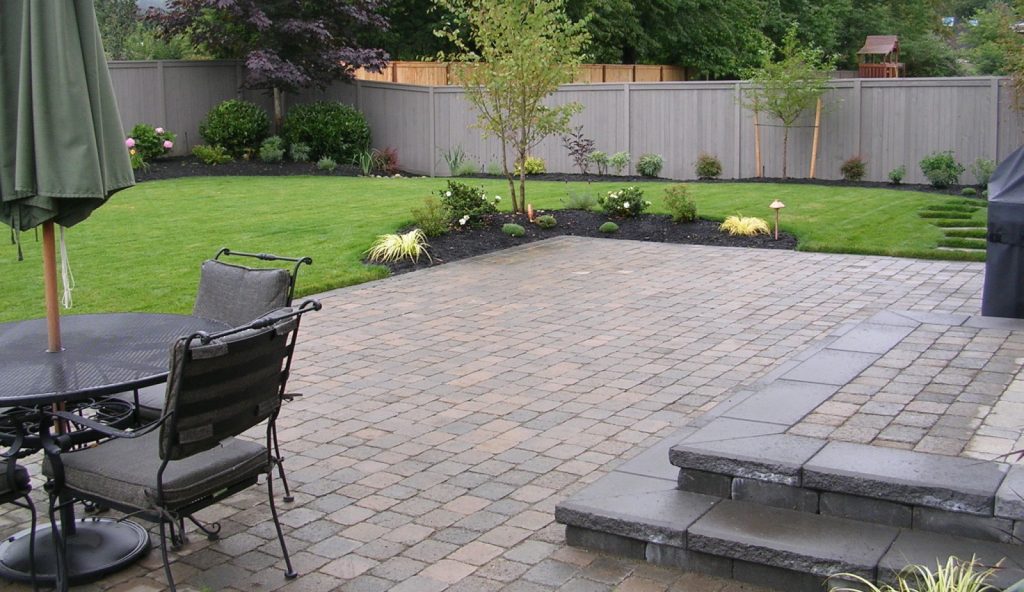Churches, synagogues, mosques and temples are where young and old gather. Parking lot and walkway maintenance keep these places safe, reverent and joyful.
People are drawn to their houses of worship for deep and personal reasons, often in huge edifices with soaring towers and spires. Indeed, places such as churches, synagogues, mosques and temples can be among the most transcendent of buildings.
But each is a physical property set firmly on the ground. They have pedestrian features with practical considerations such as parking areas, sidewalks, and in some instances gardens and ancillary structures such as schools and residences for clergy. That means that both aesthetics and safe functionality matter here as much as with office and commercial properties.
Aesthetics matter because houses of worship are venues that interchangeably serve congregants’ needs for consolation, meditation and celebration. And because they tend to be populated with families – from grandparents on down to infants – ensuring safe walkways are essential to prevent trip-and-fall accidents.
It makes sense for anyone involved in maintaining church properties to keep the following in mind:
Potholes kill, maim – and bankrupt. Trips and falls happen in all kinds of places. When the responsibility falls on the property owner it can be costly. More importantly, bodily injuries from trips on a pothole, cracked sidewalk or poorly maintained stairs and landscaping, can be life altering.
The fix: Regular maintenance of walkways and parking areas keep such accidents to a minimum.
Poor drainage = dangerous conditions. When parking areas and walkways are settled many years after installation it can cause pooling of stormwater. This at best is an inconvenience to pedestrians, but can also cause accidents. Also, asphalt pavement that is chronically under water tends to be the most potholed.
The fix: Resurface and perhaps re-channel where the water goes. Modern landscaping directs water to rain gardens and bioswales, for example.
Disabled accessibility is essential. The landmark Americans With Disabilities Act of 1990 was updated in 2010, providing for better parking conditions and other amenities to assist with mobility – and rendering many institutions out of code.
The fix: Hire an ADA consultant to identify violations and how they can be corrected.
Parking stop bumpers discouraged. Plaintiffs in a number of states have filed lawsuits because they tripped on the short-but-deadly concrete parking barriers. While in common use, they sometimes lead to falls as people carrying packages don’t see them while navigating between cars. Better on-surface line demarcations are safer – and don’t require the services of personal injury defense attorneys.
While all of this might seem defensive in nature, keep in mind that attractive hardscapes go well with good landscaping. This can make a house of worship more attractive and functional for outdoor events.





